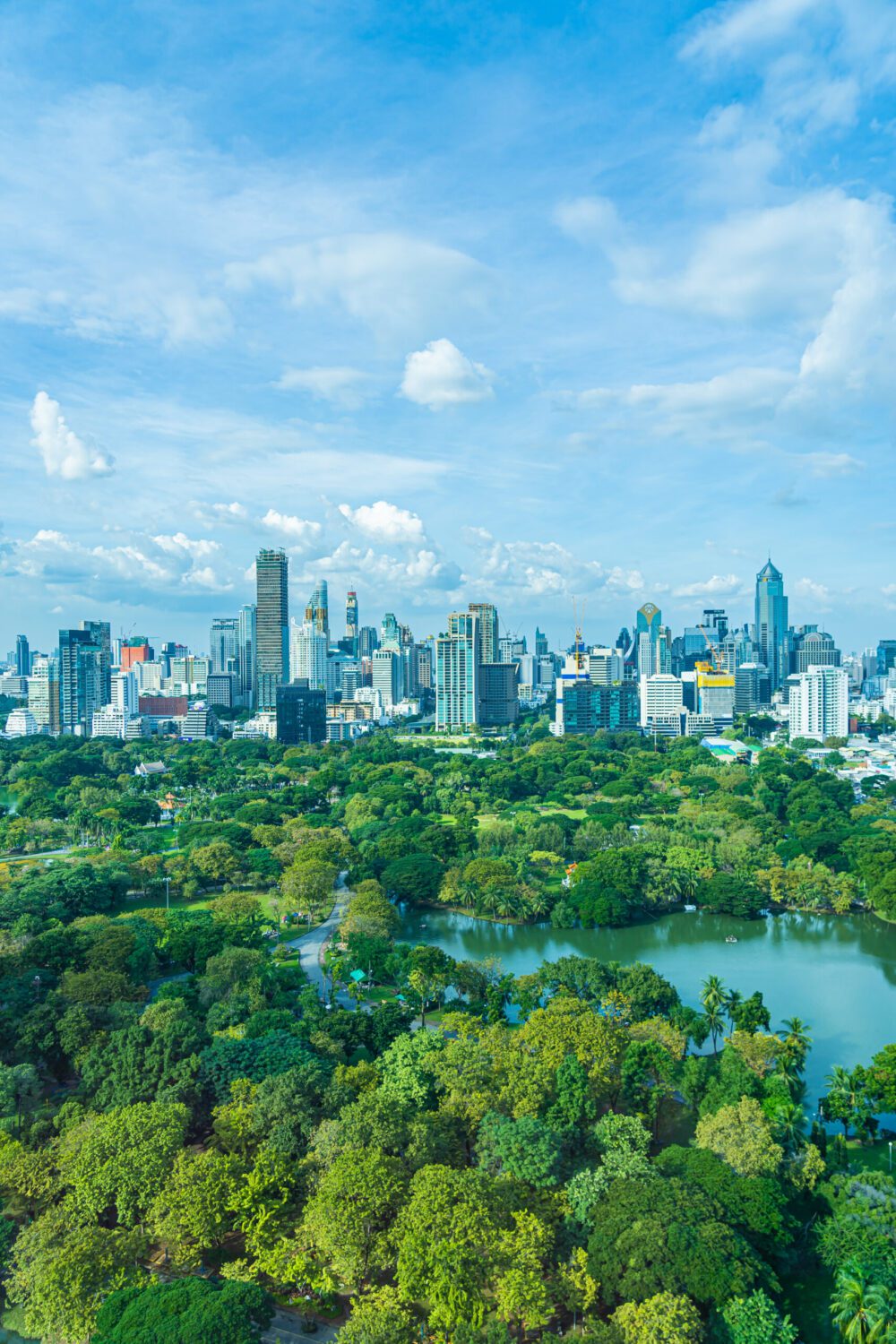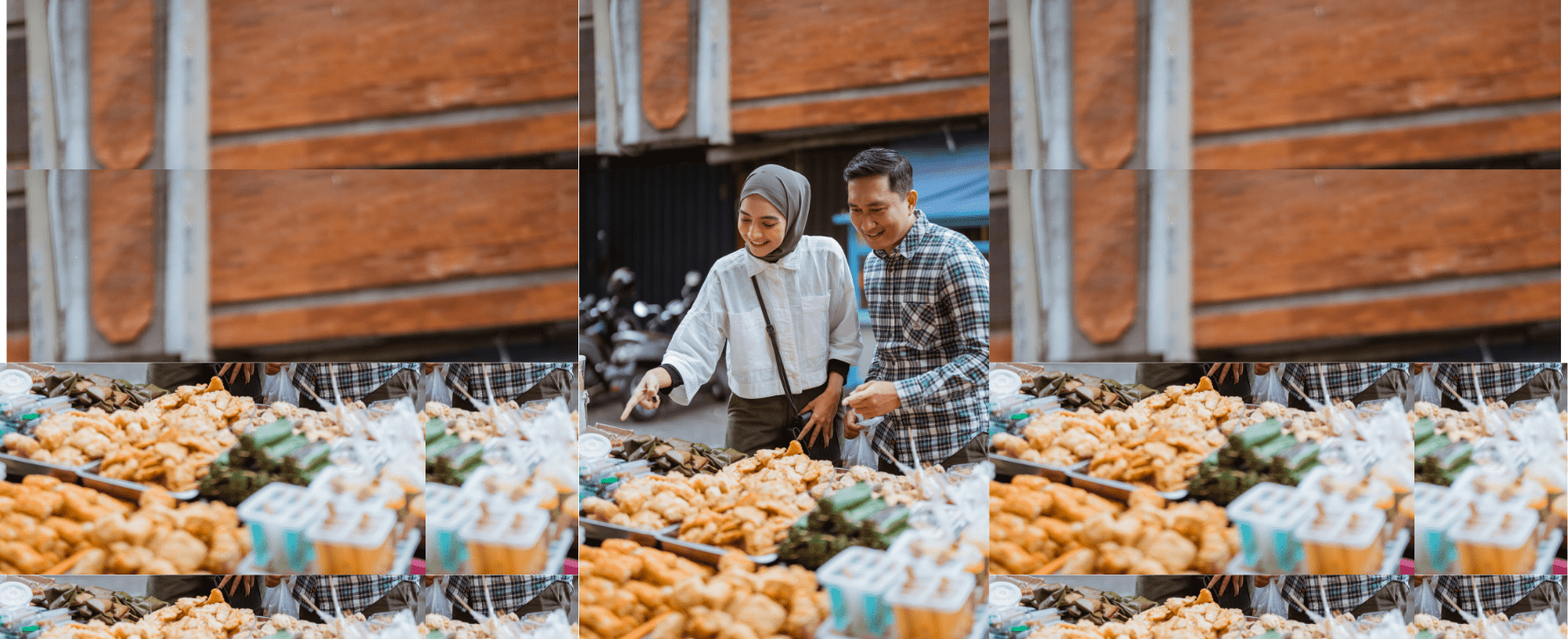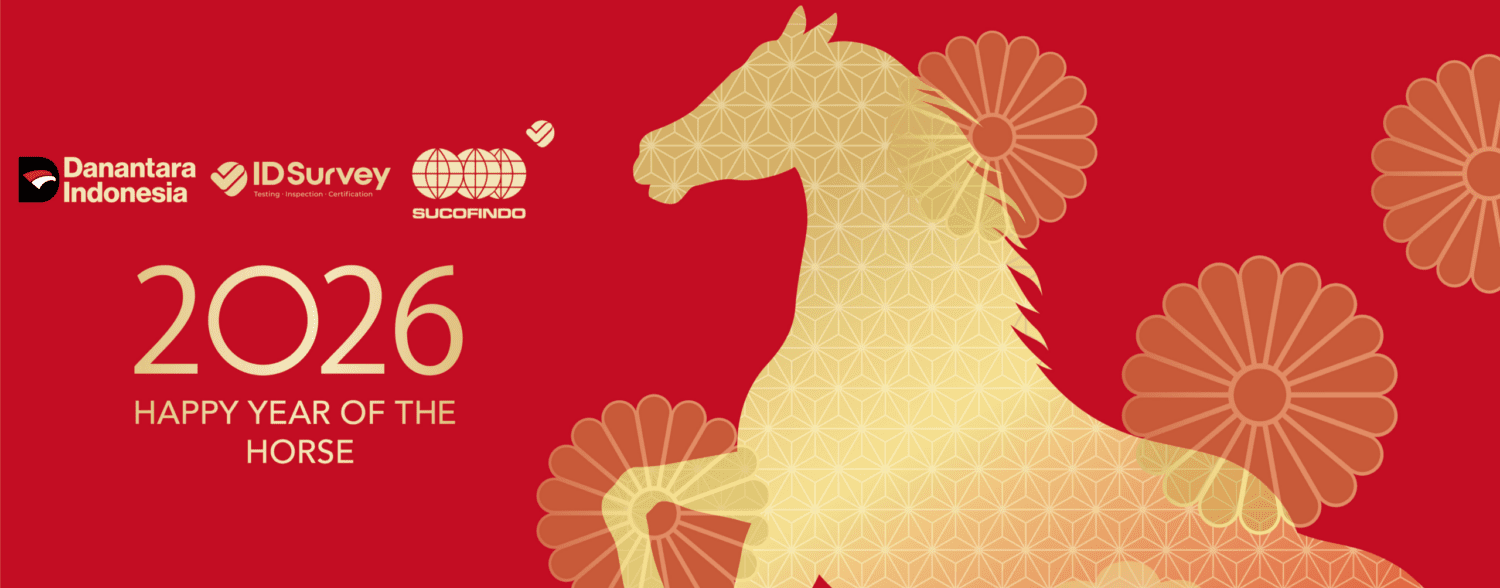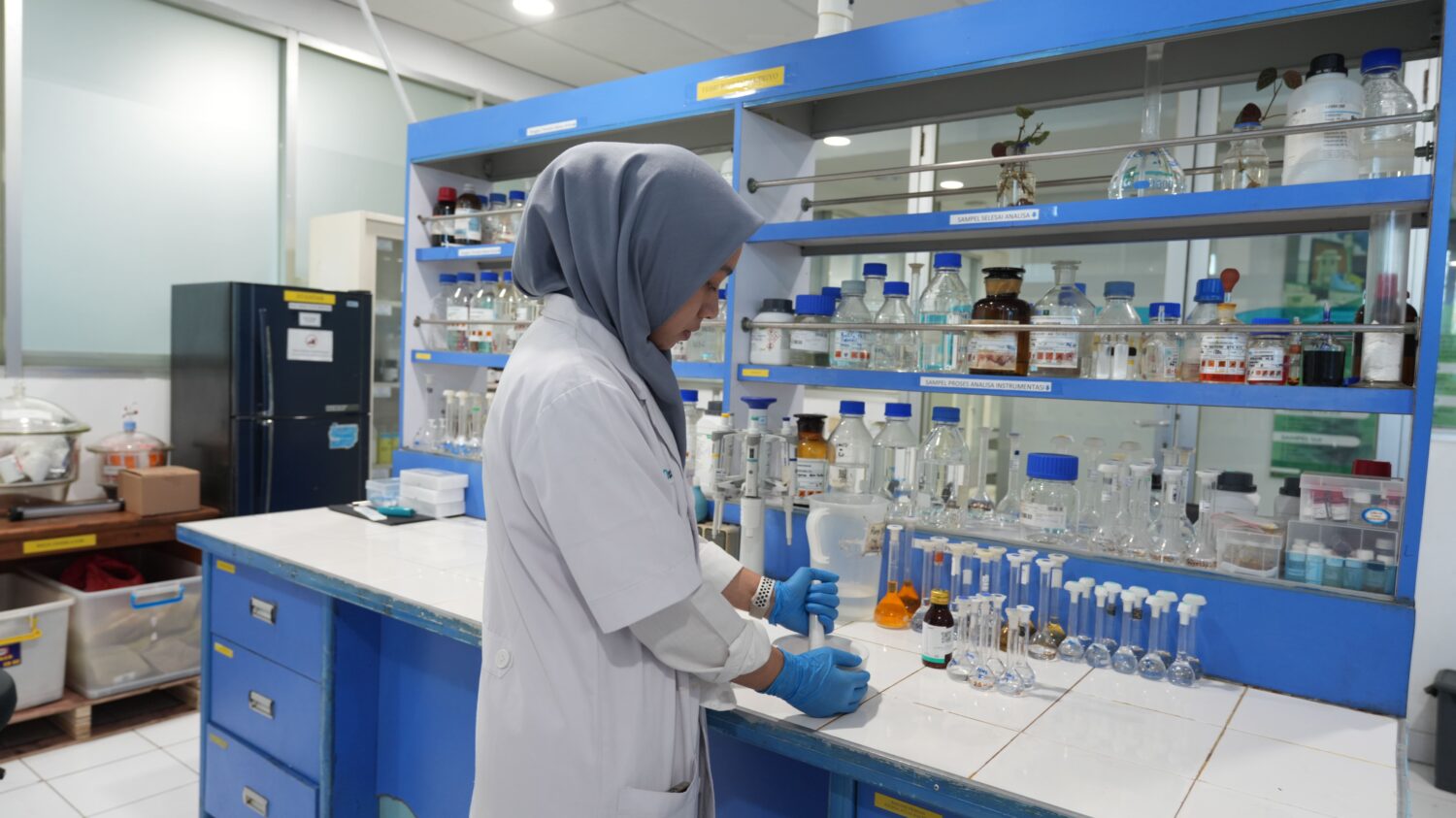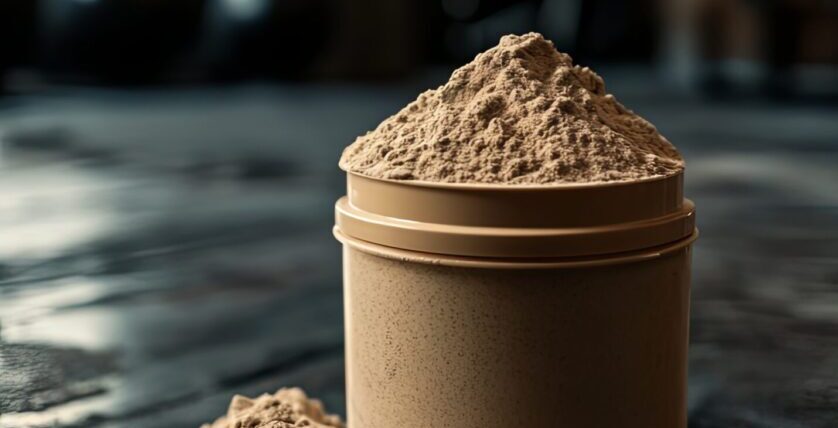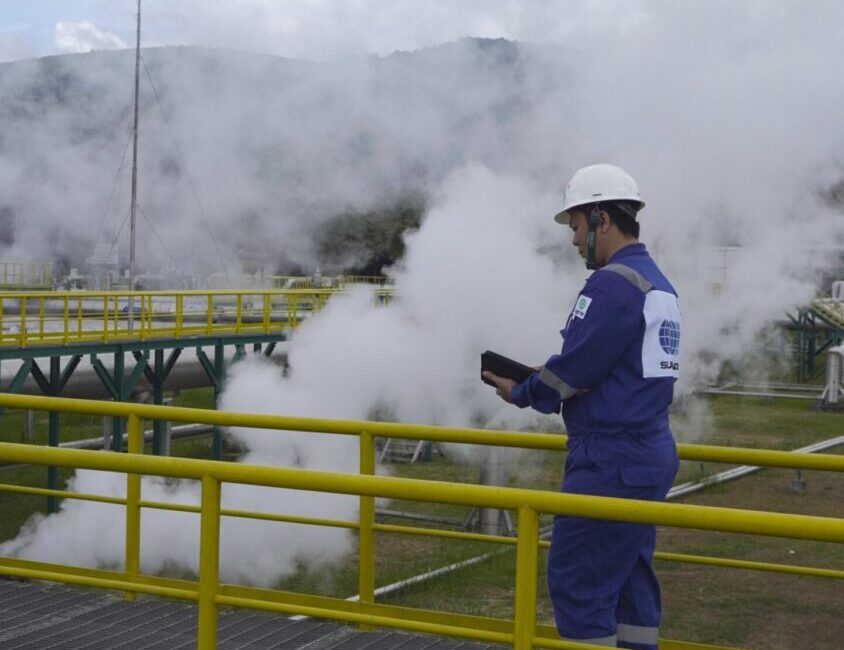We often assume that halal is only about food. But in reality, many everyday items also require halal verification—from hand soap, face moisturizers, and perfume, to health supplements. These products may look harmless, but are they truly halal?
As consumers become increasingly conscious of health, safety, and religious values, the need for Halal Check is growing. Especially when these products are used daily by everyone in the household.
Halal Is No Longer Just About Meat and Beverages
Today’s consumers are more discerning—examining ingredient lists, production methods, and halal certification labels. Concerns around alcohol in perfumes, pork DNA in cosmetics, or the lack of halal certification on skincare are becoming more common, especially among Muslim millennials and young families.
Moreover, the Indonesian government—through Law No. 33 of 2014—has mandated a phased requirement for halal certification for food, beverages, medicines, cosmetics, and household goods, with full enforcement set by 2026.
Hidden Risks in Everyday Products
In fact, many household and personal care products:
- Contain animal-derived ingredients with unclear sources
- Use alcohol as a solvent, especially in perfume and skincare
- Risk cross-contamination with non-halal materials during production
- Have no official halal label, or are not certified at all
Without proper verification, consumers have no guarantee about what they’re using. Meanwhile, the demand for products that are not only halal but also clean, safe, and ethical continues to rise.
Many Products Aren’t Halal by Default
Even if they appear safe or are registered with authorities like BPOM, some products:
- Use questionable animal-based ingredients
- Contain alcohol as a processing aid
- Are manufactured in shared facilities with non-halal products
- Lack a recognized halal label or are uncertified
And yet, these are the products used daily—by children, pregnant women, and the elderly.
Halal Check: From Ingredients to Distribution
Halal Check is a thorough verification process that evaluates ingredients, production methods, facilities, and distribution to ensure a product is halal—both scientifically and according to Islamic law.
As a registered Halal Inspection Agency (Lembaga Pemeriksa Halal or LPH) under BPJPH, SUCOFINDO provides Halal Check services for various product types, including:
- Laboratory testing (e.g., pork DNA, alcohol, other haram substances)
- Audit of raw materials and production processes
- Critical Control Point (CCP) evaluations in the halal value chain
- Assistance in preparing halal documentation for certification
With a nationwide network of laboratories and certified auditors, SUCOFINDO ensures the halal verification process is transparent, thorough, and reliable.
Who Should Perform a Halal Check?
- Manufacturers of cosmetics, personal care, and household products
- Food and beverage MSMEs (Micro, Small, and Medium Enterprises)
- Distributors or importers of household items and herbal products
- Local brands aiming to enter modern retail or halal export markets
- Even everyday consumers who want peace of mind about the products they use at home
Positive Impact of Halal-Verified Products
- Provides comfort and confidence in using daily essentials
- Ensures compliance with Islamic values and national regulations (Law No. 33 of 2014)
- Builds consumer trust, especially among the increasingly aware Muslim market
- Expands access to retail and export markets that require halal labeling
- Supports the halal lifestyle movement—clean, ethical, and responsible
Halal Is About Assurance, Not Just a Label
Halal Check brings peace of mind. It means the products we use daily are not only scientifically safe—but also spiritually sound.
For businesses, it’s more than just market positioning—it’s a commitment to offering ethical and trustworthy products. For consumers, it’s a conscious choice that supports their values.
Because once it’s verified, it’s worry-free. And SUCOFINDO is here to make that happen.



